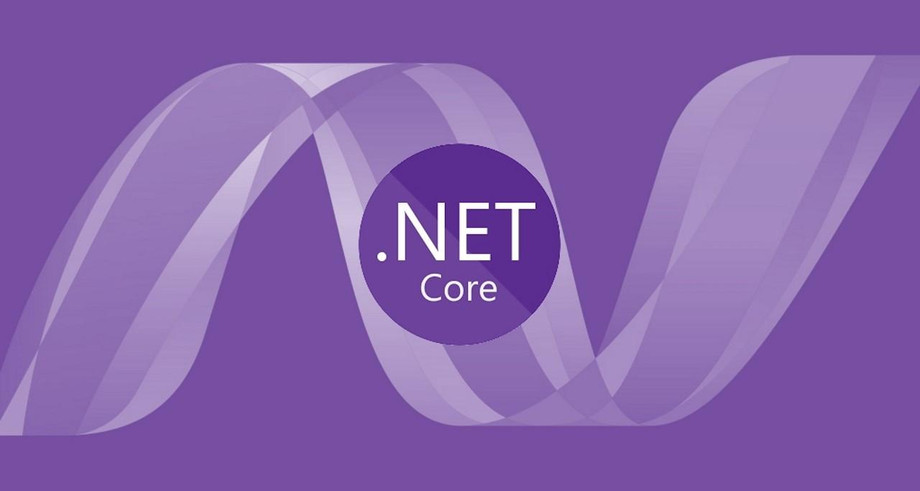Read our detailed analysis on .NET vs. .NET Core. Explore their features, significance, and performance benefits in our comprehensive comparative guide.
In this post, we’ll show you EXACTLY why .NET is different from .NET Core. We’ll cover all relevant points of consideration and help our readers understand the key nuances of both frameworks as well as their striking differences.
If you’ve ever looked for a guide on .NET vs. .NET Core and seeking to hire .NET or .NET Core development services, your search ends here.
Introduction
To thrive in the software development space, choosing the right technology stack is a key driving force.
A technology stack is one of the most important building blocks that defines the performance and resilience of a digital platform or a product.
.NET and .NET Core, undoubtedly, are the leading software development technologies with a high-performing feature set. However, due to how similar they sound, companies often get confused between the two and select one that is unsuitable for their business.Result? Inefficient outcomes, poor market performance, and depletion of resources!
Throughout the course of this article, we’ll focus on the features and specifications of both frameworks and help our readers make an informed decision. This .NET Core vs. .NET comparative guide is the guiding light you need to sail the murky waters of deciding which framework to choose.
What is .NET Framework?
Developed and maintained by Microsoft, .NET is a veteran framework used for enterprise application development for more than two decades.
Initially released in 2002, it has risen to immense popularity and matured to become a powerful ecosystem.NET is all about versatility and flexibility. It’s equipped with a holistic range of tools, libraries, and frameworks, helping developers to build rich, competitive applications, ranging from web and mobile to desktop and cloud-based solutions.

